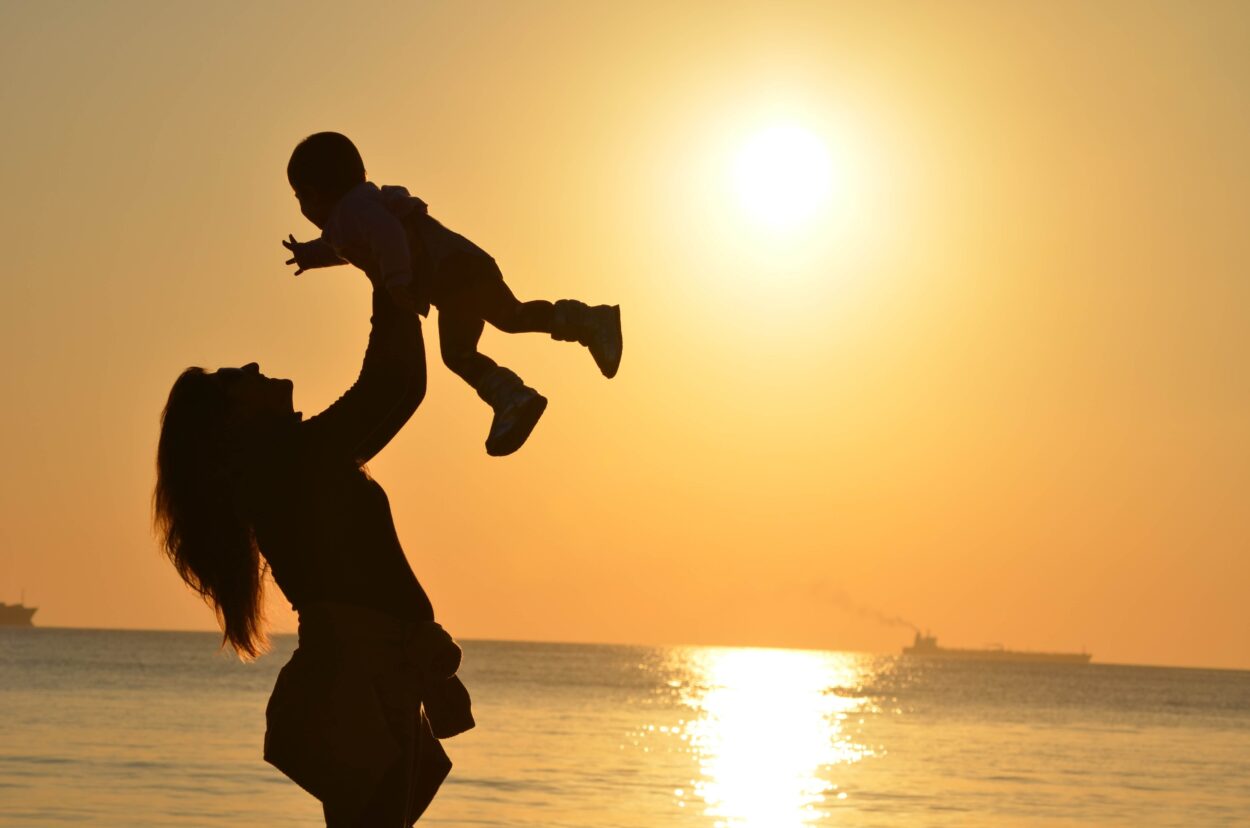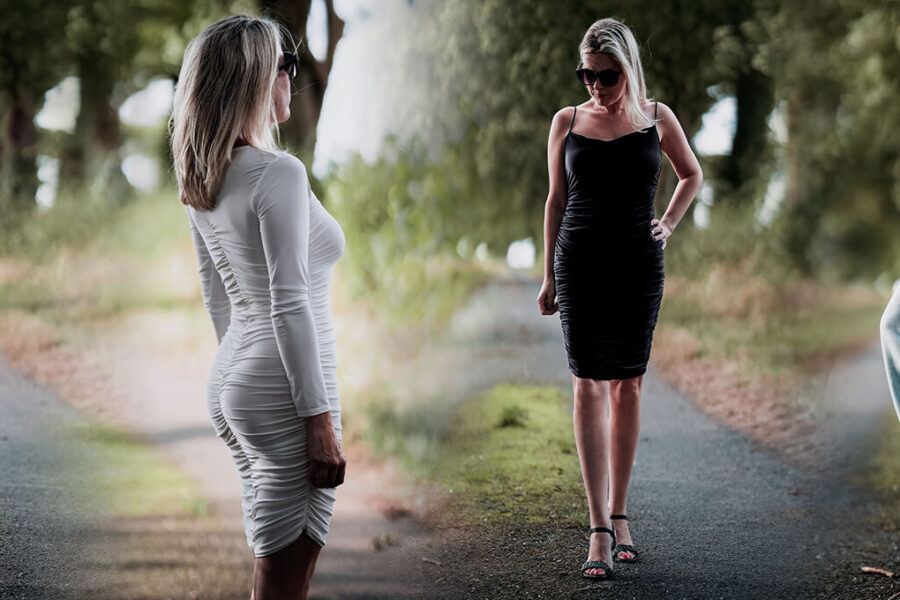Are you happy with your baby’s milestones? Do they seem to be meeting the typical developmental stages that all babies should hit by a certain age? If not, then there may be something wrong. Here are common warning signs that could indicate a severe problem for your child.
Baby’s Milestones
If your baby isn’t meeting the milestones expected of them as they grow, make sure you talk to your paediatrician. An online search can help you know at what age your child should start crawling, walking, developing their speech and other key milestones. Although children will achieve milestones at different rates, severe delays should concern you. Knowing what to look out for will help you spot it right away and get proper treatment for them! However, do not be obsessed with milestones that you do not enjoy this time with your infant.
Remember, you need to provide safety and security to the baby during their growth. Baby safety begins with getting them the right pieces of clothing when they are teething, crawling, sleeping, learning to walk, and when you carry them around. Baby proof your house to avoid the baby getting into dangerous places.
Their Health
Your baby will fall sick as they grow, but frequent trips to the hospital could be a cause for alarm about your child’s immunity development. While it is essential to watch out for your baby’s physical health, signs of developmental delays or disabilities, many parents overlook their baby’s emotional development and neuropsychiatric health as they grow up.
This makes sense since newborns show more physical growth than mental ones, and some problems may go unnoticed because babies cannot verbalise how they feel quickly due to the lack of language skills.
However, there are still ways to tell what is expected from abnormal behaviour before those issues become problematic later in life. It will help prevent severe consequences down the road, including substance abuse and depression. There can also be a neurological basis behind these behaviours, so it is essential to watch out for them.
The Interaction With People and Things
A baby’s interactions should mirror the emotional tone of its caregivers, matching positive vibes by laughing along, crying when sad, crying if it is hurting them physically or emotionally. If your little one seems to avoid you in favour of strangers, this could indicate some changes needed within your family dynamic. On the other hand, if your baby is not interacting with you, this could mean some developmental disorders or disabilities that you need to address right away.
A big part of the interaction between people and things includes feeding time for babies. Meeting their milestone of eating solid foods more regularly will help keep them healthy and encourage bonding opportunities when everyone gets involved in mealtime preparation instead of just showing up during clean-up!
Conclusion
Now that you know the baby’s milestones, do not be alarmed if your baby does not reach them on time or at all. If this happens, take note because it may mean something else but do not let this get in the way of loving your baby and bonding with them.
Every child is different; after all, so be patient. If there are certain milestones that you would like to work on together as a family, seek help from professionals who can guide you along the way because ultimately, it should always come down to what works for your baby best!
Nb. Collaborative post.





Leave a Comment